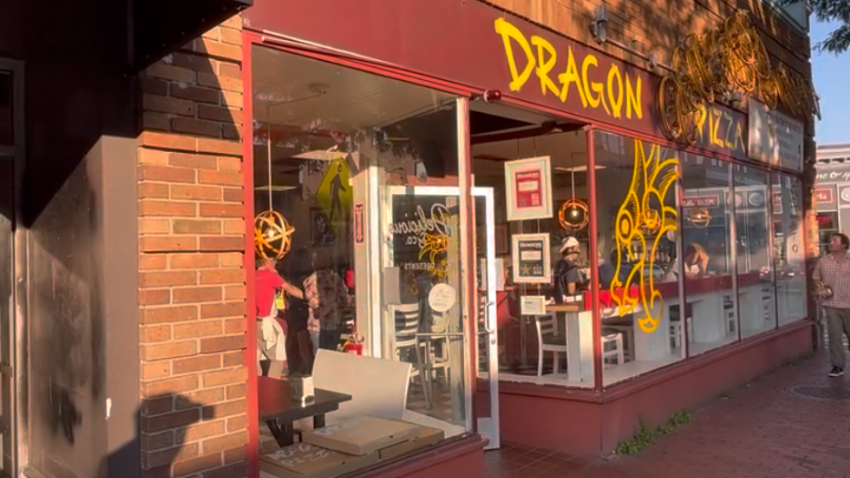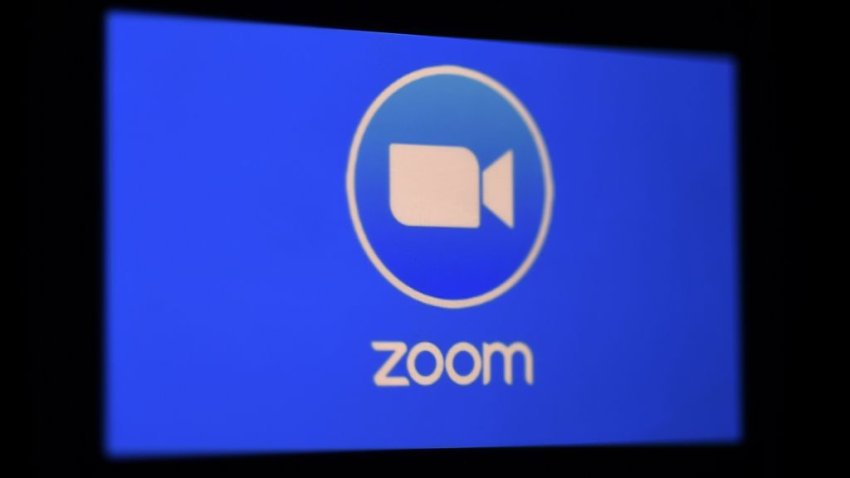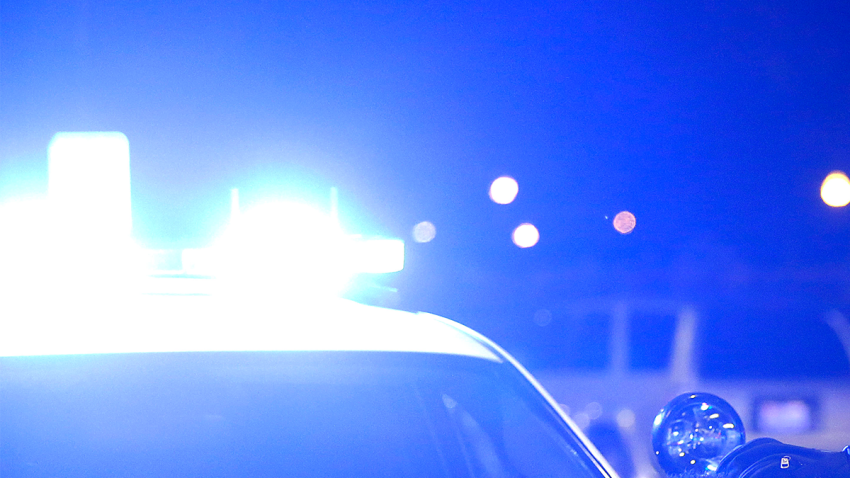

The Latest
-

Patriots 2025 roster reset: Next steps for a rebuilding offense
Tom E. Curran breaks down the state of the Patriots offense after the first week of NFL free agency and the moves that still need to be made.
-

Exhibit commemorating start of the Revolutionary War set to open in Mass.
The Commonwealth Museum in Boston is unveiling a new exhibit titled “Upon Such Ground: Massachusetts and the Birth of the Revolution”
-

Randolph police sergeant killed by MBTA commuter train in Abington
A police sergeant from Randolph, Massachusetts, died in nearby Abington Sunday night after being hit by a train while off duty, officials said Monday.
-

Red Sox positional preview: Who will anchor the bullpen in 2025?
Who will step up to lead the Red Sox bullpen in 2025? Here’s a closer look at the group, which was among Boston’s biggest weaknesses last season.
-

Red Sox Opening Day roster projection: Which prospects make the team?
Will any of the Red Sox’ “Big Three” prospects make the 2025 Opening Day roster? Here’s our final roster projection with Game 1 just over a week away.
-

Dragon Pizza says it had to kick parents out for not supervising their kids
A Somerville, Massachusetts, pizza shop is making waves once again, this time for a message directed at parents of unruly kids.
-

What does Stingley's huge contract extension mean for Gonzalez?
The cornerback market has been reset with Derek Stingley’s massive extension in Houston, and Patriots star Christian Gonzalez should benefit.
-

Mass. lawmakers poised to extend remote access for public meetings
Two weeks before the policies are set to expire, the House and Senate took the first steps Monday to once again temporarily extend pandemic-era laws allowing remote access for public meetings in Massachusetts.
-

Karen Read prosecutors suggest defense ‘instigated' federal probe
Ahead of Karen Read‘s retrial, the prosecution has suggested in court that the defense “instigated” the since-closed federal investigation of how the Norfolk District Attorney’s Office handled the case. The claim was included as the prosecution moved, in new court filings, to keep several defense witnesses from testifying. T... -

Police investigating shooting in Framingham
Police are investigating a shooting that occurred in Framingham, Massachusetts, on Sunday. Framingham poice said they responded to Waverley Street around 8:30 p.m. Sunday for a report of a shooting victim. When they arrived, officers found a male victim. He was taken to an area hospital and is expected to survive. No arrests have been made at this ... -

Man struck and killed by vehicle in Framingham
A man has died after being struck by a vehicle in Framingham, Massachusetts, over the weekend, according to police. Framingham police said they responded to Winthrop Street on Saturday for a report of a pedestrian crash. When they arrived, they found a man in his 60s from Framingham on the ground, and officers began lifesaving efforts. The man was ...









